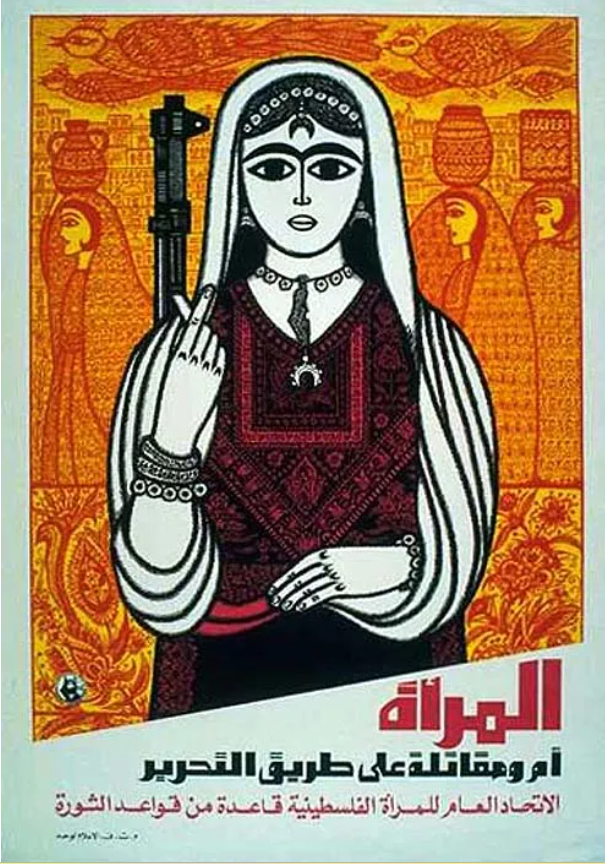The period around 1947 was a crucial time in the history of Palestine, marked by significant political developments, including the United Nations partition plan and the ensuing conflict between Jewish and Arab communities. Armed resistance became a notable aspect of the Palestinian struggle during this time. While the focus on women’s involvement in armed resistance might not be as extensively documented as that of men, women did play important roles in various aspects of the struggle.
In the context of “Comrade Sisters,” it’s worth noting that the term “comrade” is often associated with leftist or socialist movements, and during this period, leftist and communist ideologies did have a presence in the Arab world, including Palestine.
Here are some points related to women and armed resistance in Palestine around 1947:
- Role of Women in the Resistance: Women in Palestine were involved in various forms of resistance, including armed struggle, but their specific roles varied. Some women were active participants in armed groups, while others supported the resistance through non-combat roles, such as providing logistical support, nursing, and intelligence gathering.
- Communist and Leftist Movements: Communist and leftist groups, such as the Arab Nationalist Movement (ANM) and the Palestinian Communist Party (PCP), had both male and female members engaged in armed resistance. Women in these movements often viewed their struggle through the lens of broader anti-colonial and anti-imperialist ideologies.
- Arab Women’s Union: The Arab Women’s Union, an organization formed in the 1940s, played a role in advocating for women’s rights and participating in resistance activities. While it may not have been exclusively aligned with armed struggle, it did contribute to the broader nationalistic movement.
- Participation in Paramilitary Groups: Some women joined paramilitary groups associated with political parties and movements. These groups engaged in armed actions against British authorities and Jewish paramilitary organizations.
- Challenges and Constraints: Women faced societal and cultural challenges in participating in armed resistance, given traditional gender roles. However, the exigencies of the conflict often led to a reevaluation of these roles, and some women took on unconventional roles during this turbulent time.
- Legacy: The contributions of women in the armed resistance during this period have become an important part of the collective memory and narrative of Palestinian history. While the specifics of individual stories might not be widely known, efforts are made to document and recognize the role of women in the broader struggle for self-determination.
It’s essential to recognize that historical narratives can be complex, and available information may vary. The involvement of women in armed resistance during the 1947 period is part of the broader history of the Palestinian struggle for independence.




